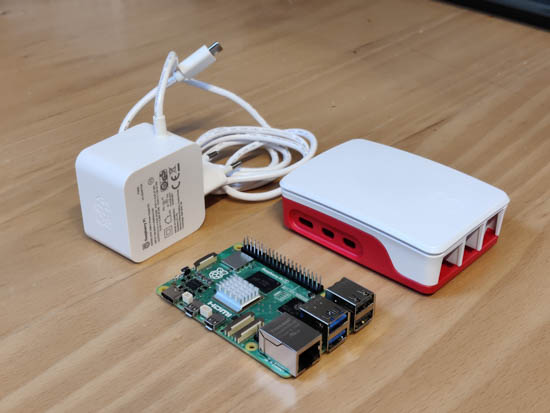 Announced a short while ago, the Raspberry Pi 5 is starting to be available. This week, we were finally able to get our hands on an 8Gb version and test whether the Raspberry Pi 4's USB stack problems have been solved.
Announced a short while ago, the Raspberry Pi 5 is starting to be available. This week, we were finally able to get our hands on an 8Gb version and test whether the Raspberry Pi 4's USB stack problems have been solved.
TL;DR
If you just want to know if the Raspberry Pi 5 works correctly with our modules, the answer is "Yes".
Raspberry Pi USB stack problems
The Raspberry Pi has undoubtedly helped democratize the use of Linux and programming for home automation and IoT projects. The possibility of having a Linux-based machine for a very contained price - the first boards were sold for $35 - meant that a lot of people started using them just about everywhere.
However, the Raspberry Pi has often had problematic bugs, particularly concerning the USB stack. The Raspberry Pi 1.0's USB stack didn't work properly if USB 1.1 modules were connected. Raspberry Pi Zero units sent corrupted USB packets. And the Raspberry Pi 4 loses USB packets.
This last bug is more problematic because, unlike the others, there is still no solution reliable at 100%. The latest updates greatly reduce the likelihood of this bug, but the problem still exists. Incidentally, we continue to use Raspberry Pi 3+ when we have to use a Raspberry Pi.
What about the Raspberry Pi 5?
We were a little dubious when we tested the new Raspberry Pi 5, but after running tests in a loop on this new model, we didn't find any problems.

The new Raspberry Pi 5
Despite our best efforts, we were unable to fault the USB stack. So it's safe to assume that we won't have any problems with the different versions of the Raspberry Pi 5.
For the record, we carried out all our tests on a Raspberry Pi 5 8GB with the Raspberry Pi 27W USB-C power supply provided. We used the recommended distribution, Raspberry Pi OS 64-bit.
In conclusion
It would appear that the Raspberry Pi 5 is better born than its big brother, and that the USB stack works correctly. The usual recommendations still apply. Namely, avoid poor-quality or excessively long USB cables, and use a sufficiently powerful power supply.


